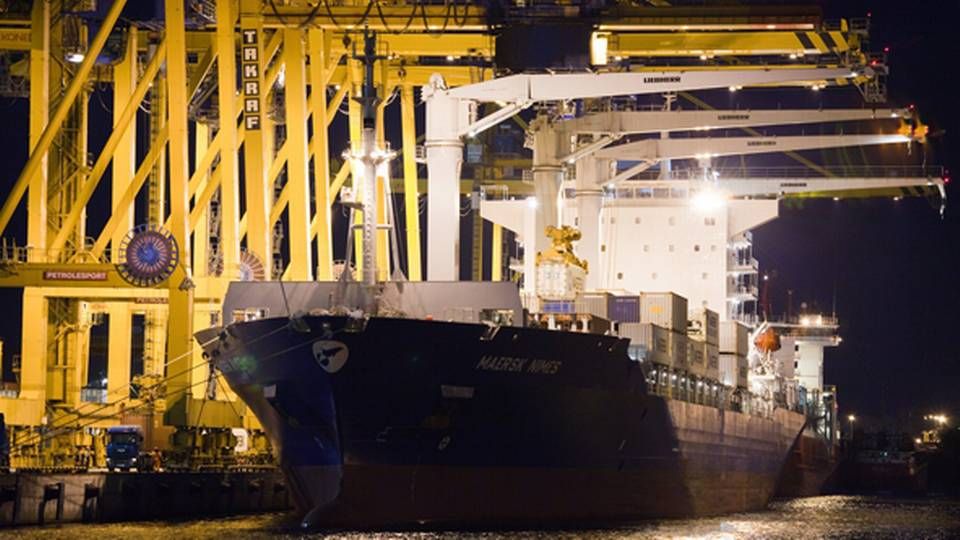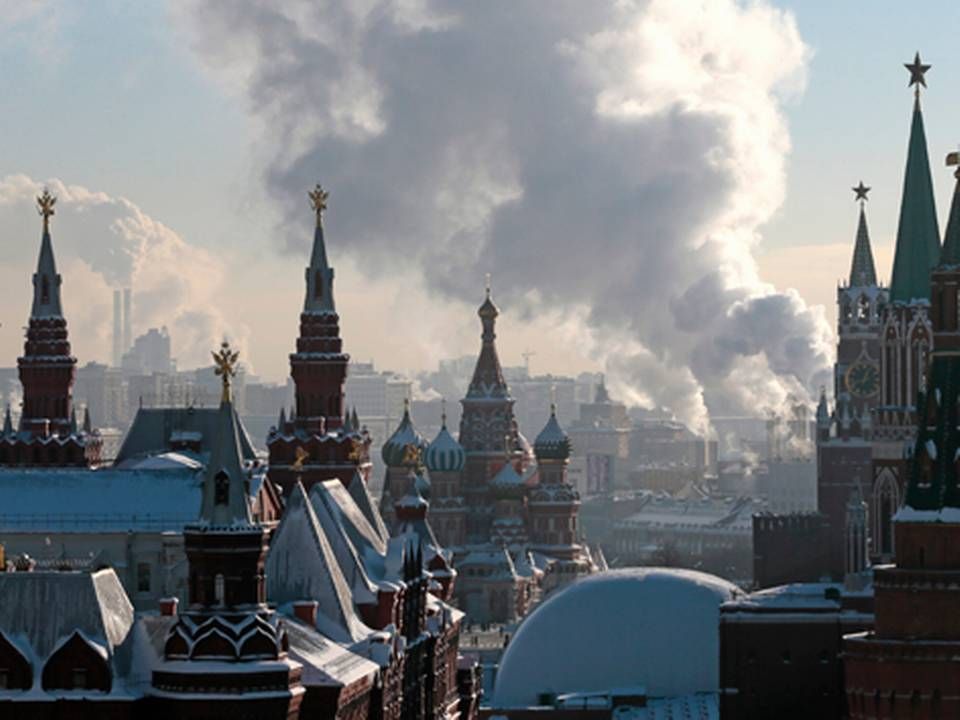Drewry: Crimea is a risk to Global Ports

The Maersk Group had massive expectations of Russian growth, and thus also of its more than USD 900 million investment in Global Ports, when APM Terminals made its real entry into the huge growth market almost two years ago.
But back then the relationship between Russia and the West was in the midst of a positive development, and so was the relationship between the Russian Federation and the Maersk Group headquarters in Copenhagen. Growth in Russia was high, and it was expected to grow significantly in the years to come, which lead to a solid confidence that an increasing number of containers would be hauled through the docks belonging to Global Ports.
Today, the scenario looks completely different, a development that has made London-based analyst company Drewry put its estimated risk on "orange" (medium) when describing the challenges Global Ports currently faces.
Several concerns
The analysts at Drewry are concerned about several factors, and the crisis in Crimea, which has led to a historically tense relationship between Russia and the West, is just one of them.
"Key concerns are the macroeconomic development and the geopolitical situation in Russia," says Drewry in an analysis of the Russian port company, just published.
"The recent geopolitical tension with Ukraine could worsen the situation. The country recently faced ratings cut by global rating agencies in anticipation of tough sanctions from the US and Europe. 2013 has been a bad year for the Russian economy. Country’s 2013 y/y GDP growth stood at a meager 1.3 percent , compared with a much higher growth achieved in the years after the 2009 financial crises," says Drewry.
The slow economic development is clearly reflected in numbers describing the activity in the Russian container ports. Last year brought a 5.7 percent increase, which might look like a decent growth at first glance, but the expectations for and potential of the Russian market have been significantly bigger. In St. Petersburg, the dominant port in Russia, Drewry points to a 0.4 percent decline last year.
Market dominance
Global Port's acquisition of major Russian competitor NCC in December 2013 served - on the one hand - to eliminate a competitor, especially in the Baltic Sea region. But the move also provided Global Ports with an even greater amount of unused potential, space that will need to be filled with containers.
In spite of the risks mentioned by Drewry, the analysts believe that Global Ports has economic potential, and that the company's revenue could grow from an expected USD 782 million this year to an expected USD 921 million by 2016. And the operating result is expected to move in the same direction, from USD 380 million to USD 470 million.
APM Terminals: Europe the goal of Chinese agreement
Maersk concerned about Russia - EU relationship





















